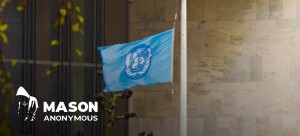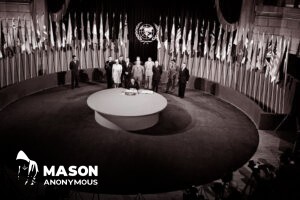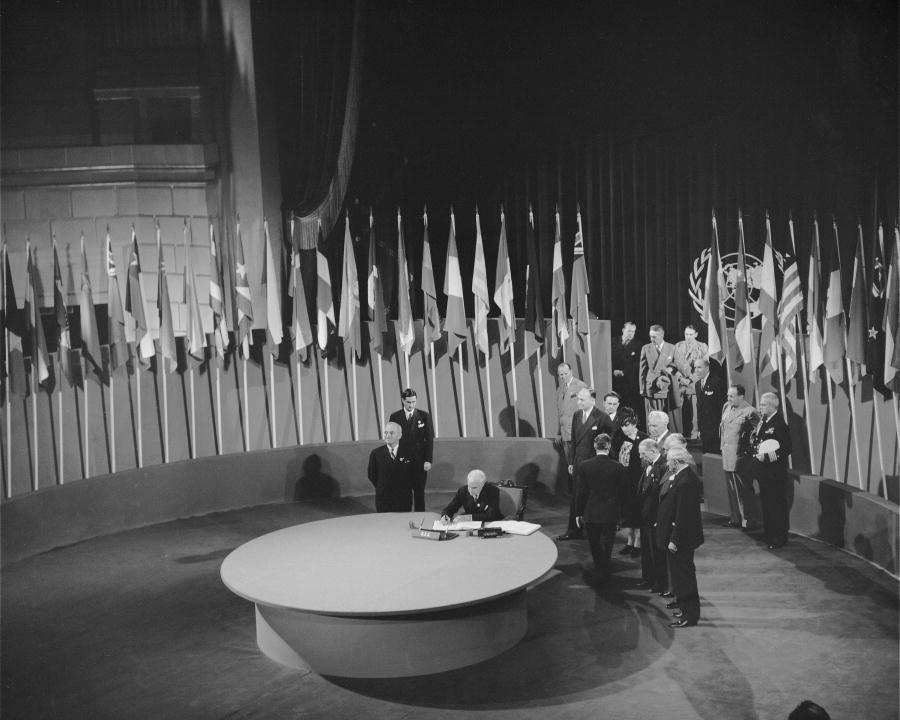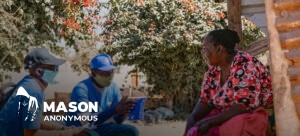Facing perilous situations due to crisis, conflict and instability, are commonplace working in the field as a UN staffer, and this year, as the Organization marks its 75th anniversary, the COVID-19 pandemic has created “unprecedented upheaval”.
Yet, “all around the world, especially in the most fragile contexts, the blue flag of the United Nations symbolizes hope”, the UN chief underscored.
“That hope is part of the legacy of the colleagues we mourn today”, Mr. Guterres said. “They paid the ultimate sacrifice so that others could look forward to better days”.
Making a pledge
The UN chief told the participants that he is “keenly aware” of his responsibility to those who have died while serving, along with their families and loved ones, and to “all UN staff” who serve in unstable and dangerous environments, where “one death is one too many”.
As such, he pledged to “continue to ensure that our Organization constantly reviews and improves our practices related to the safety and care of staff”.
“When our colleagues pay the ultimate sacrifice, it is our duty to honour them and support their families”, Mr. Guterres stressed.
Before calling for a moment of silence for those who sacrificed their lives, he urged everyone to “honour the memory of our fallen colleagues by recommitting ourselves to the noble cause of promoting peace, prosperity and opportunity for everyone, everywhere, for generations to come”.
Serving with valour
The President of the UN Staff Union, Patricia Nemeth, also spoke during the commemoration online, noting that those who died in service were “driven solely by a desire to help the most vulnerable to have hope, building a better future and ensuring that everyone can enjoy life, liberty, dignity, peace, security and justice”.
“The service that staff members provide within the United Nations is more than just a job”, she explained. “It is a calling for us, as we want to serve the ideals of the Organization, ensuring a brighter future for the entire human race”.
Noting that 77 colleagues had perished over the past year, she added that “year-after-year our Organization suffers another loss, a different kind of loss, and that is a loss of innocence for the United Nations”.
“That is why, on this day, we remember our sacred obligation for those who made the ultimate sacrifice so that we can continue to live our lives and do our work”, spelled out Ms. Nemeth. “We owe it to them to finish the task for which these men and women have given their lives”.









